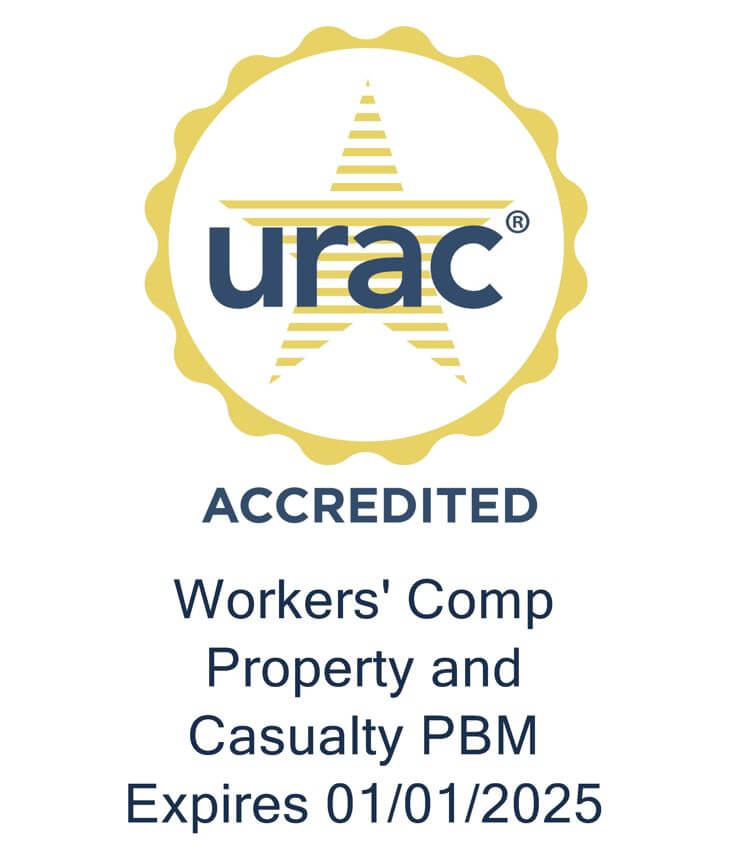In late November of 2019, psilocybin, the active ingredient in hallucinogenic "magic mushrooms," was designated as a breakthrough therapy for major depressive disorder (MDD) by the FDA.
This decision was based on the Usona Institute's recent initiation of a Phase 2 clinical trial to evaluate potential efficacy of a single 25mg oral dose of psilocybin in 80 patients with MDD. The primary endpoints of this trial will compare changes in depression scale from baseline when compared to placebo.
While primary completion of the trials are estimated for February 2021, the FDA previously granted Breakthrough Therapy status to psilocybin in 2018 for treatment-resistant depression. This designation was granted after the start of a different Phase 2b trial involving 216 patients across Europe and North America.
In fact, a quick search for psilocybin at ClinicalTrials.Gov reveals 27 studies that are either recruiting, active and not recruiting, or enrolling by invitation. Currently a Schedule I drug, there have been various efforts to study the potential therapeutic uses of psilocybin for many years.
John Hopkins University launched the Center for Psychedelic and Consciousness Research in September of 2019, dedicated to furthering the study of psychedelic drugs’ potential applications to legitimate medical care. Among their goals is to study psilocybin’s chemical effectiveness as a new therapy for mental health disorders, opioid addiction, and more.
Most recently, John Hopkins researchers published a recommendation in Neuropharmacology that psilocybin be rescheduled from a Schedule I drug to a Schedule IV drug, once the drug clears Phase 3 clinical trials. These researchers compared psilocybin to typical drugs of abuse, based on eight factors of the U.S. Controlled Substance Act, and determined the abuse potential of medical psilocybin to be low and manageable when administered according to a medical model that addresses these concerns.
A separate literature review conducted by the Journal of Psychiatric Practice investigated the published literature regarding the psychotherapeutic uses of hallucinogens in psychiatric disorders. The majority of studies reviewed demonstrated significant associations with improvement in the condition investigated. However, it was difficult to draw definitive conclusions as most studies suffered from small sample sizes, inconsistent measures, and poor study design, indicating the need for more research.
As psilocybin has shown effectiveness in treating certain mental disorders, and as research advances, psilocybin could make its way into patient care, and perhaps one day into workers’ comp.






